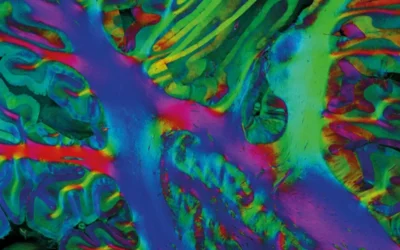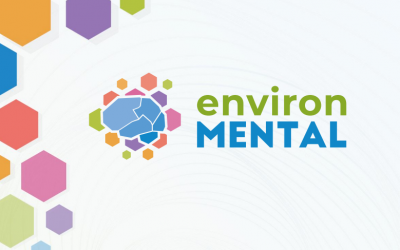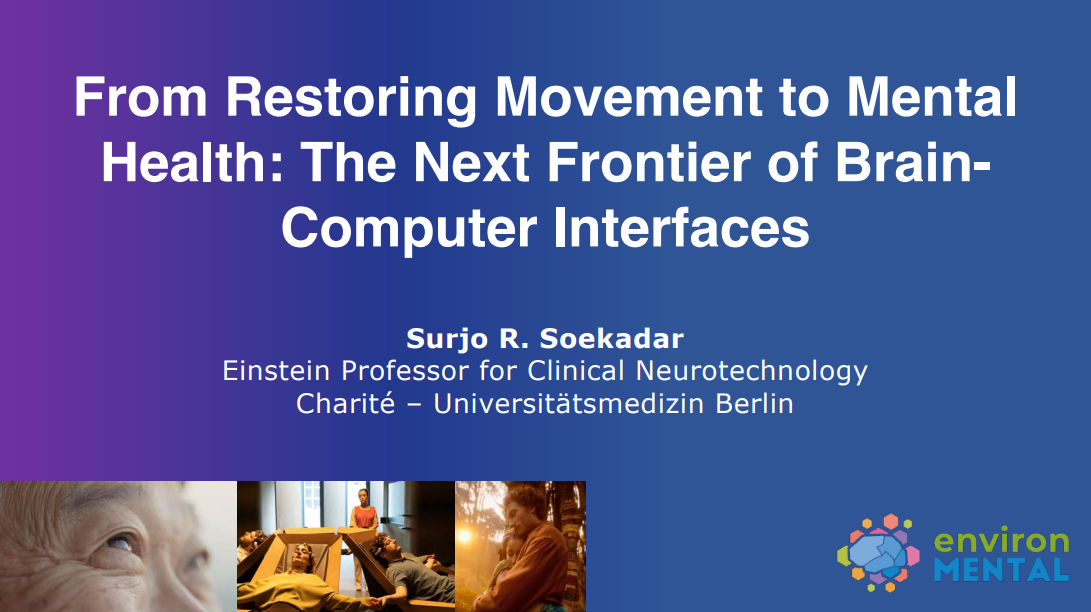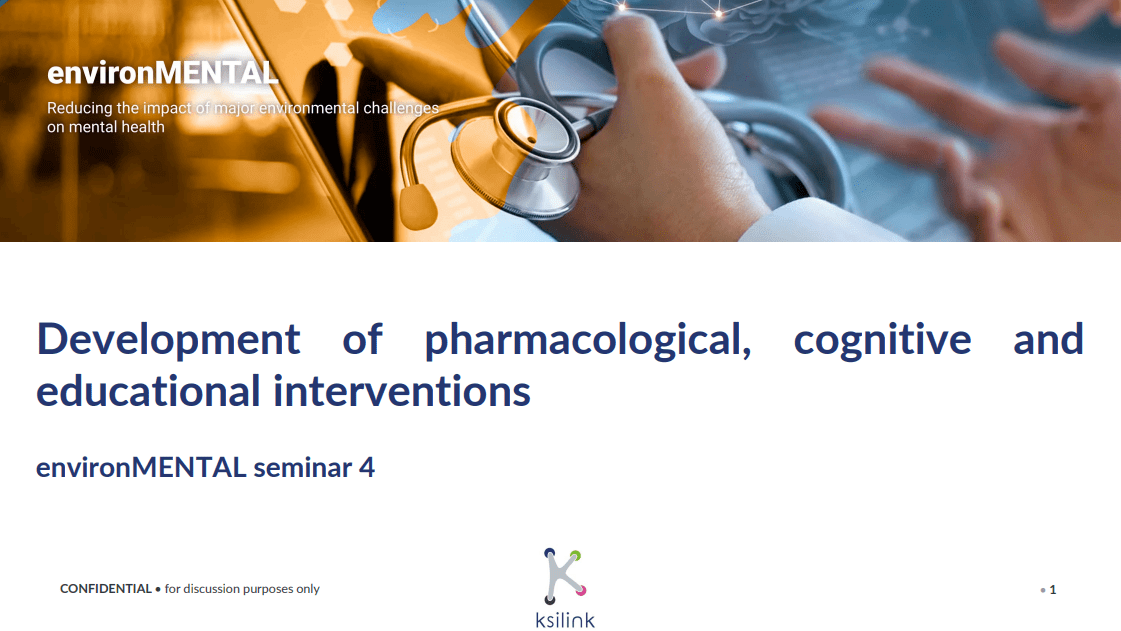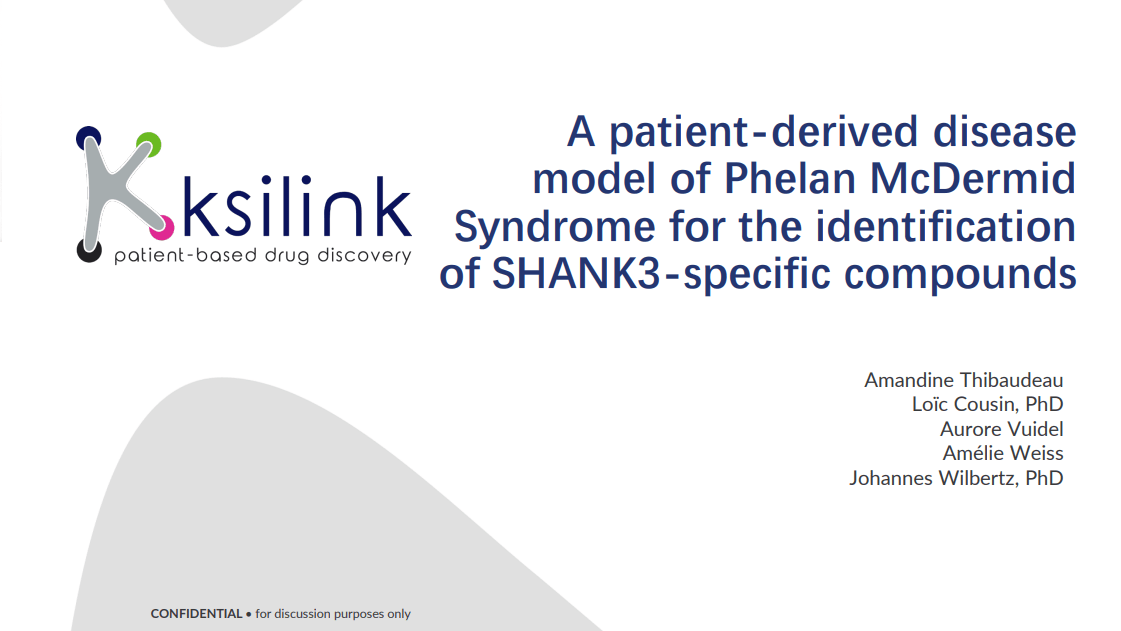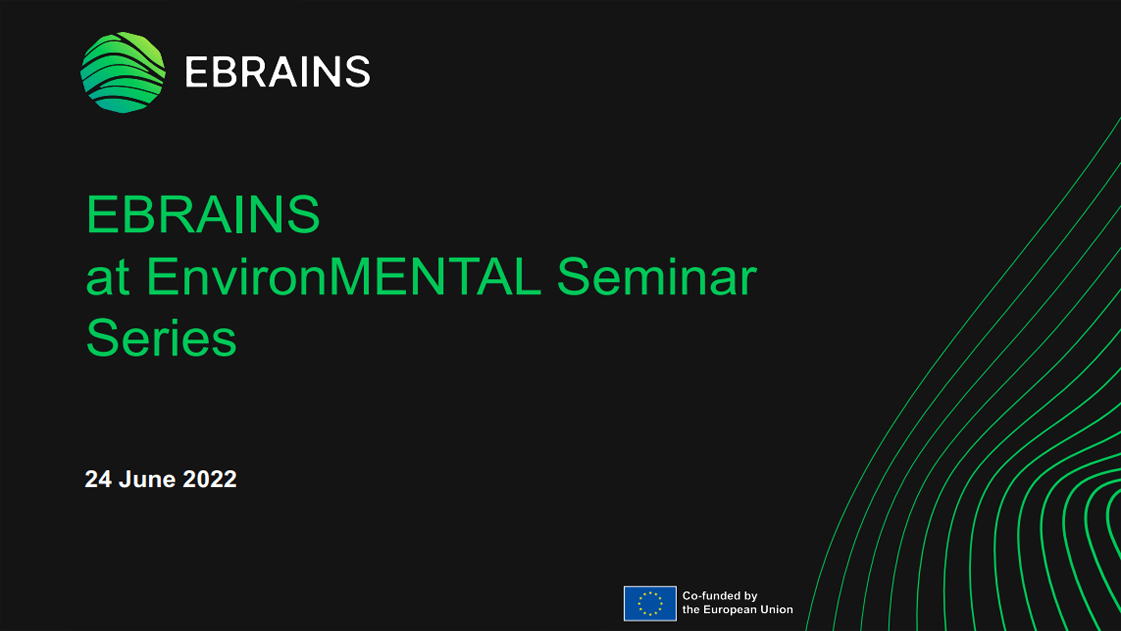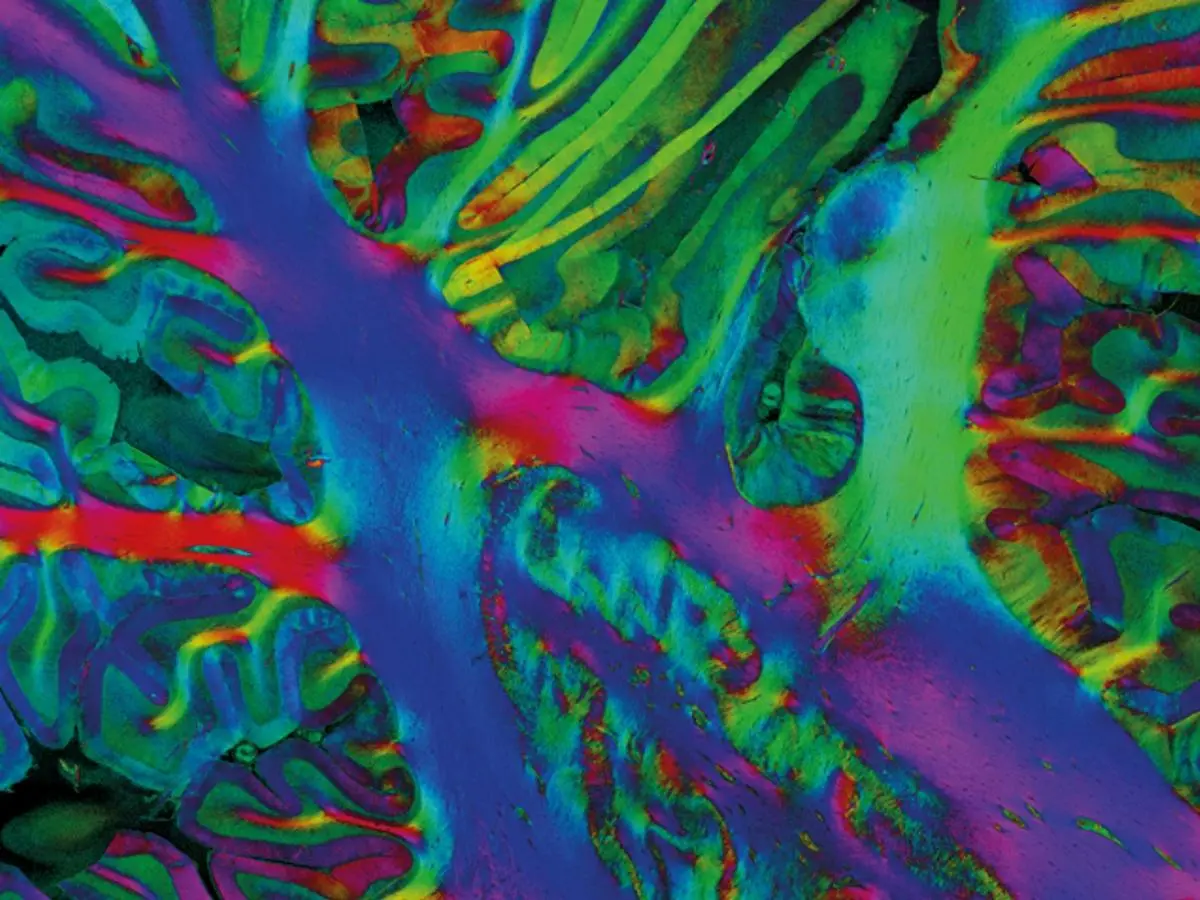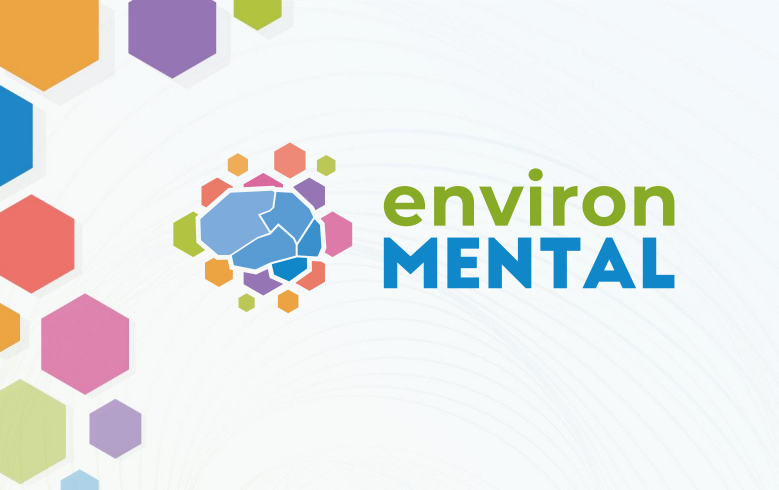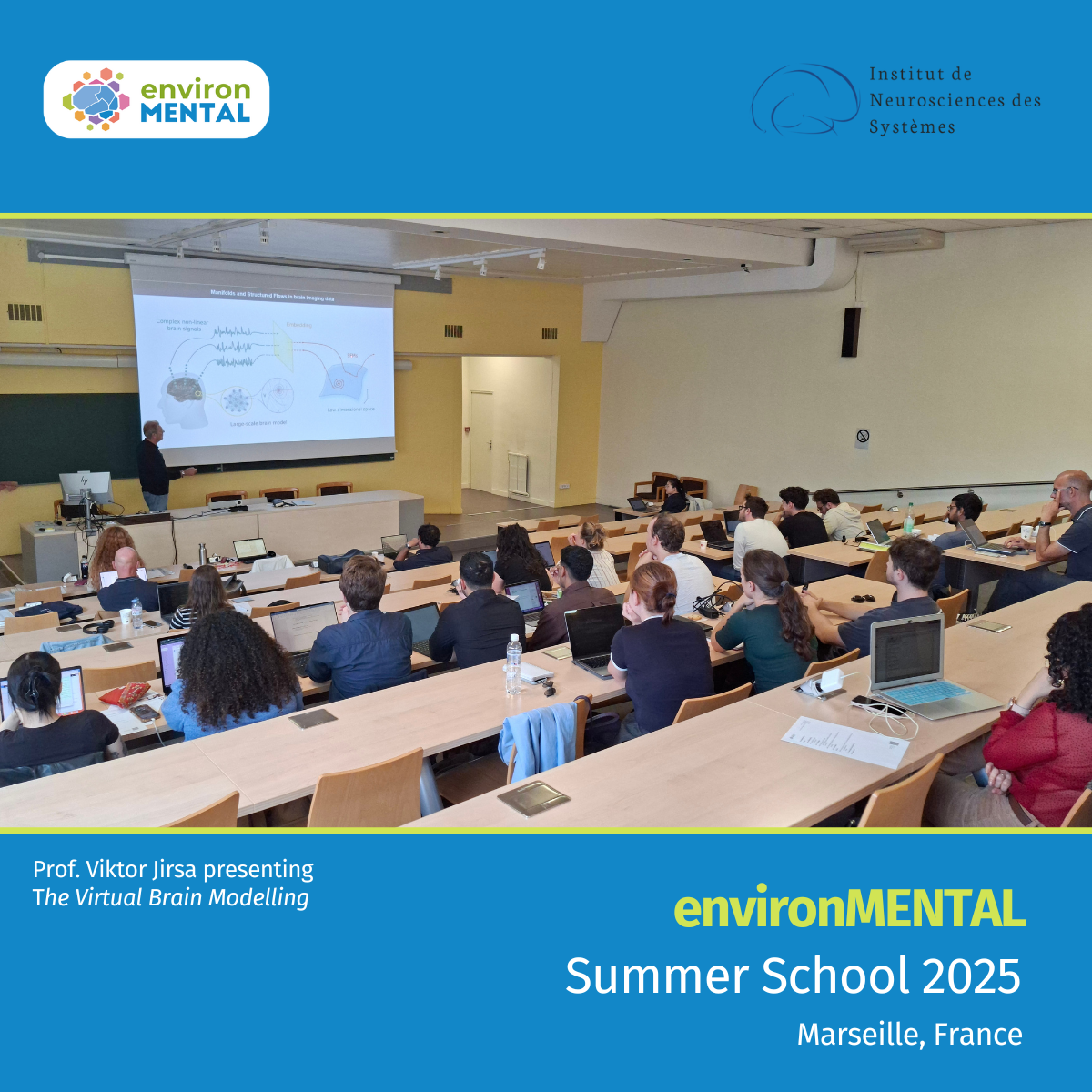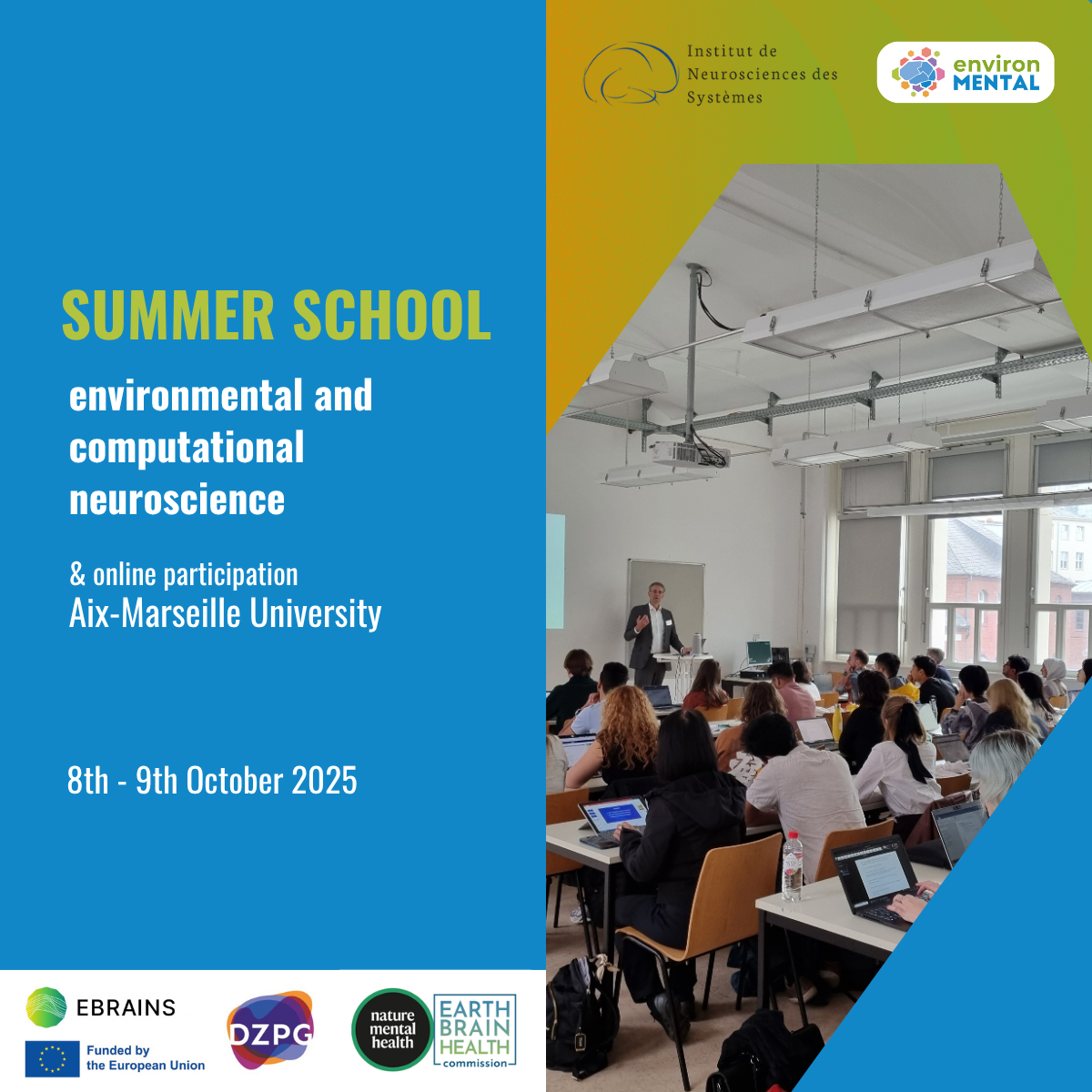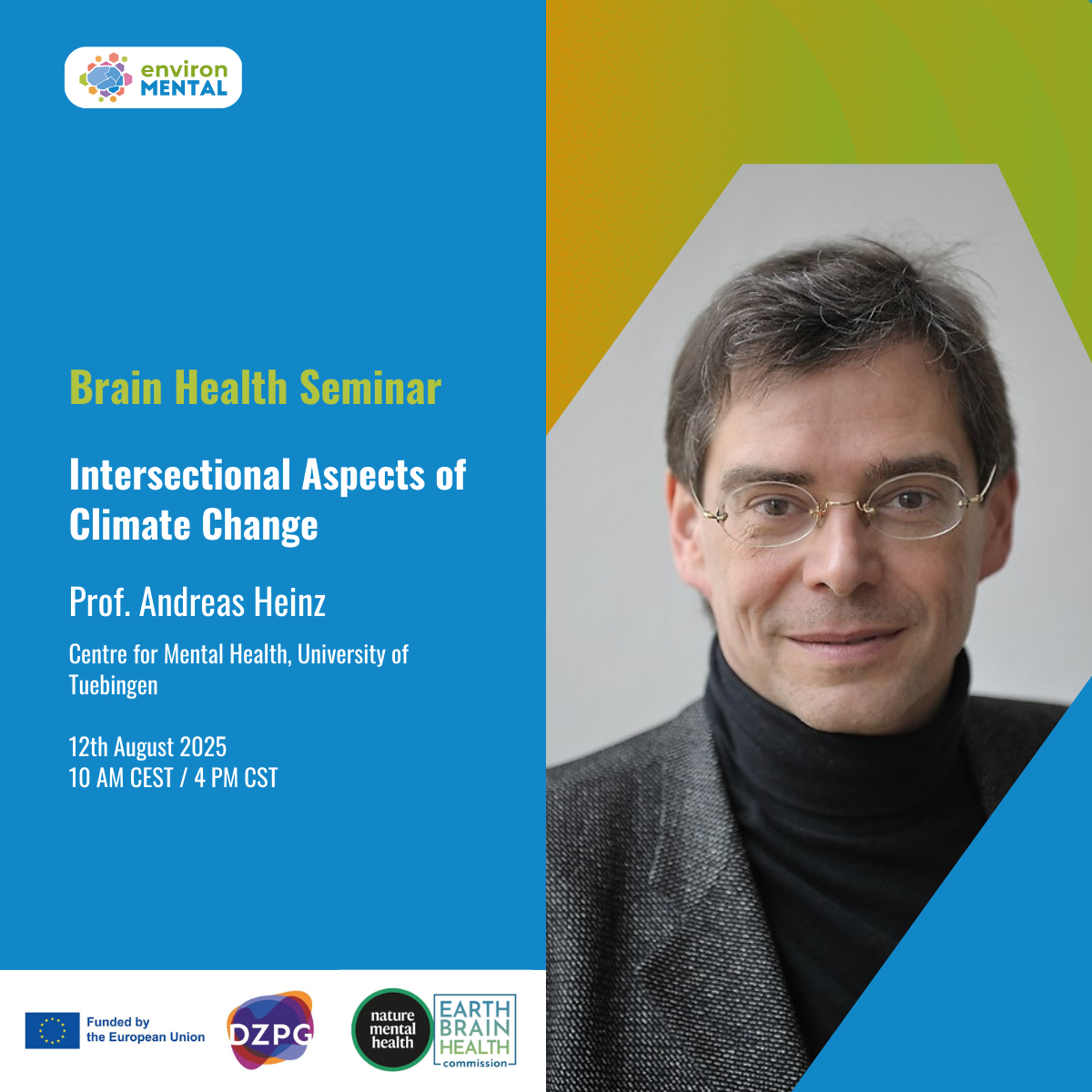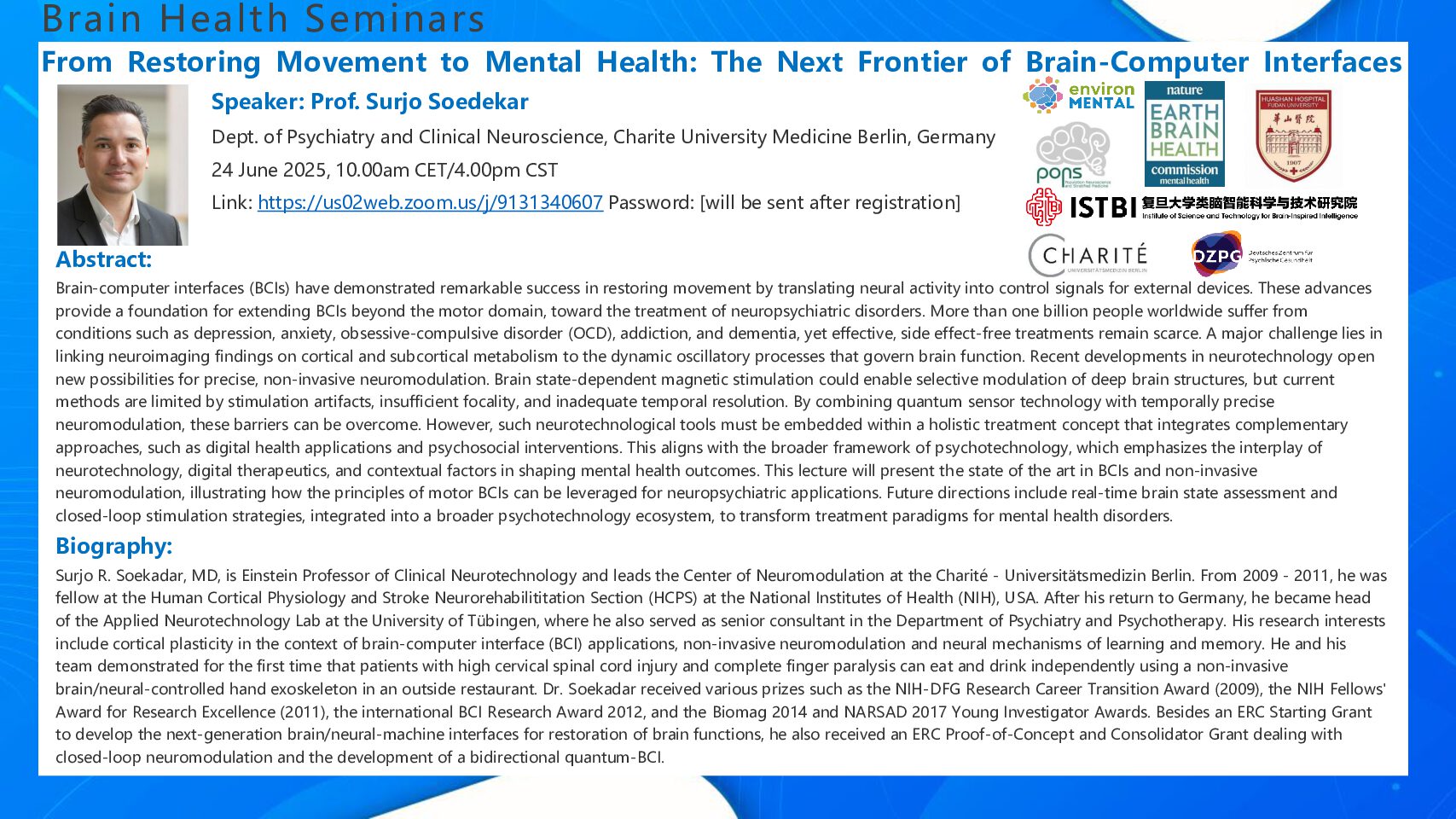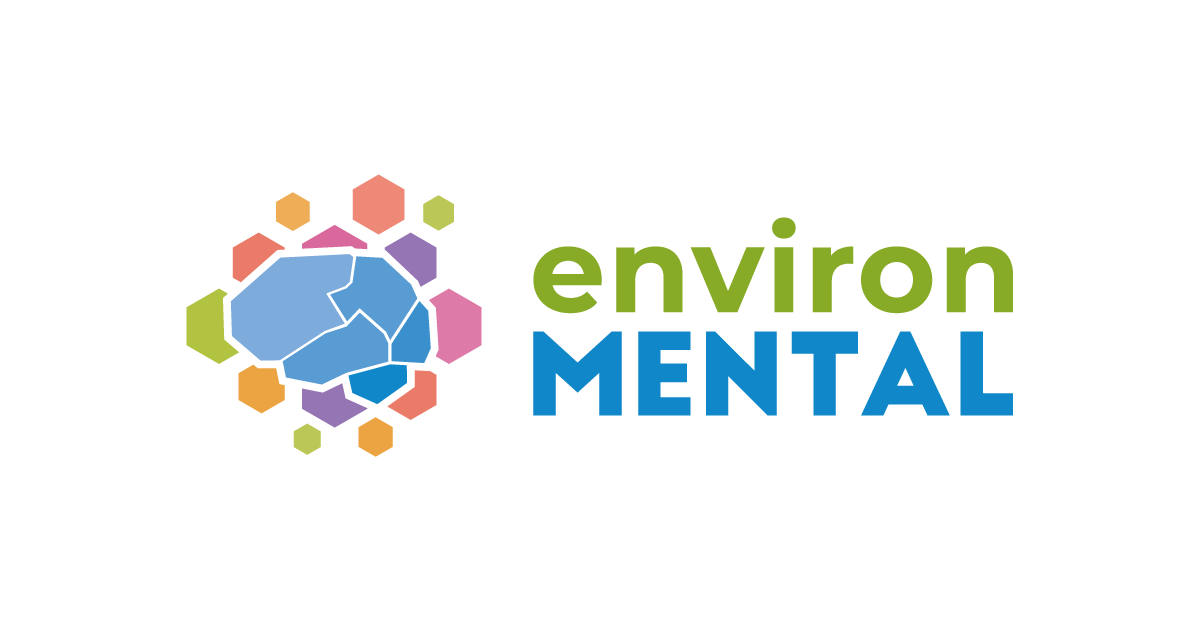environMENTAL
Reducing the impact of major environmental challenges on mental health
environMENTAL is an EU-funded project, studying the impact of climate, pollution, urbanicity, regional socioeconomic conditions, as well as the Covid19 pandemic on brain health, and characterize its underlying biological mechanisms. We will analyse data from more than one million European citizens and patients to uncover brain mechanisms linked to environmental adversity and leading to
symptoms of depression, anxiety, stress and substance abuse.
News
Deadline Extended: EBRAINS Call for Contributions to the European Roadmap in Digital Neuroscience 2026–2036
The submission deadline for the EBRAINS 10-Year Roadmap 2026–2036 has been extended to 15 March 2026 (23:59 CET). This is the final deadline. EBRAINS is inviting researchers, clinicians, and technology experts to help shape the next decade of digital neuroscience in...
Events
EBRAINS Webinar: Multiscale Brain Simulations in EBRAINS — from the Neuron to the Patient
Interested in learning how to use the tools and services available on EBRAINS? Join us on Thursday, 5 February 2026, for a dedicated webinar showcasing how EBRAINS supports advanced brain modelling and simulation across scales, from detailed single-neuron models to...
Social Media
Participate in the project
Digital prevention and early intervention are important targets in non-pharmacological treatment. environMENTAL will pursue two parallel approaches, developing a mental health app and virtual reality interventions to reduce the impact of significant environmental challenges on human well-being.
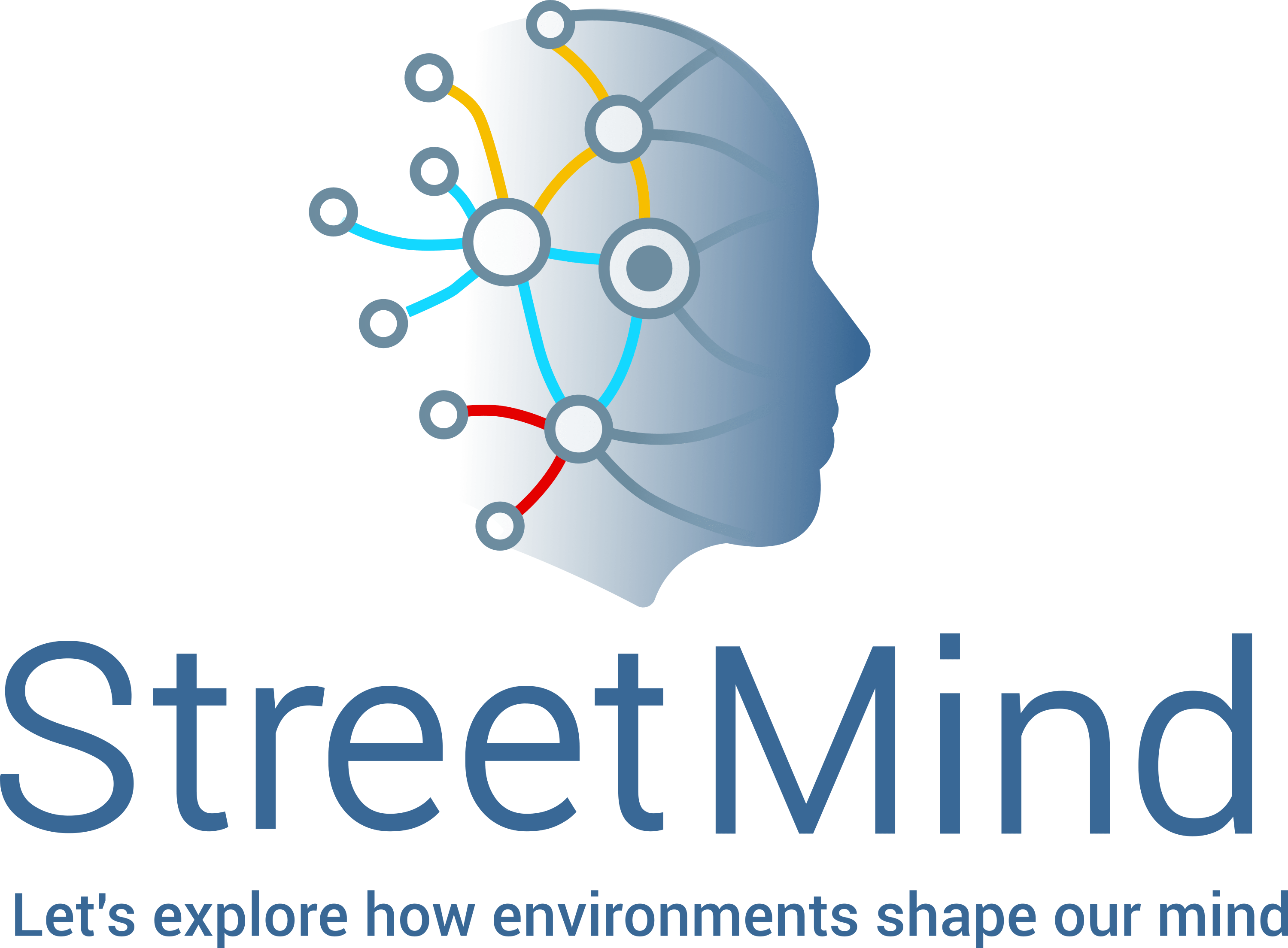

StreetMind
Contribute to a better understanding of how the environment influences mental health
Consensus Conference
Your opportunity to shape the course of research
Seminars
The environMENTAL seminar series was established to inform our stakeholders about the environMENTAL project targets and to create a platform of active discussion and knowledge exchange.
The environMENTAL Team
an interdisciplinary team of excellence
Driving a highly innovative and interdisciplinary approach, the project teams the ideas and expertise of neuroscientists, psychiatrists, geo-scientists, climatologists, psychologists, epidemiologists, anthropologists, computer scientists, experts in digital interventions as well as non-academic stakeholders such as patient associations.
The consortium will be supported by a Stakeholder Board, which will advise on ethical and societal questions to ensure a responsible research and innovation programme.
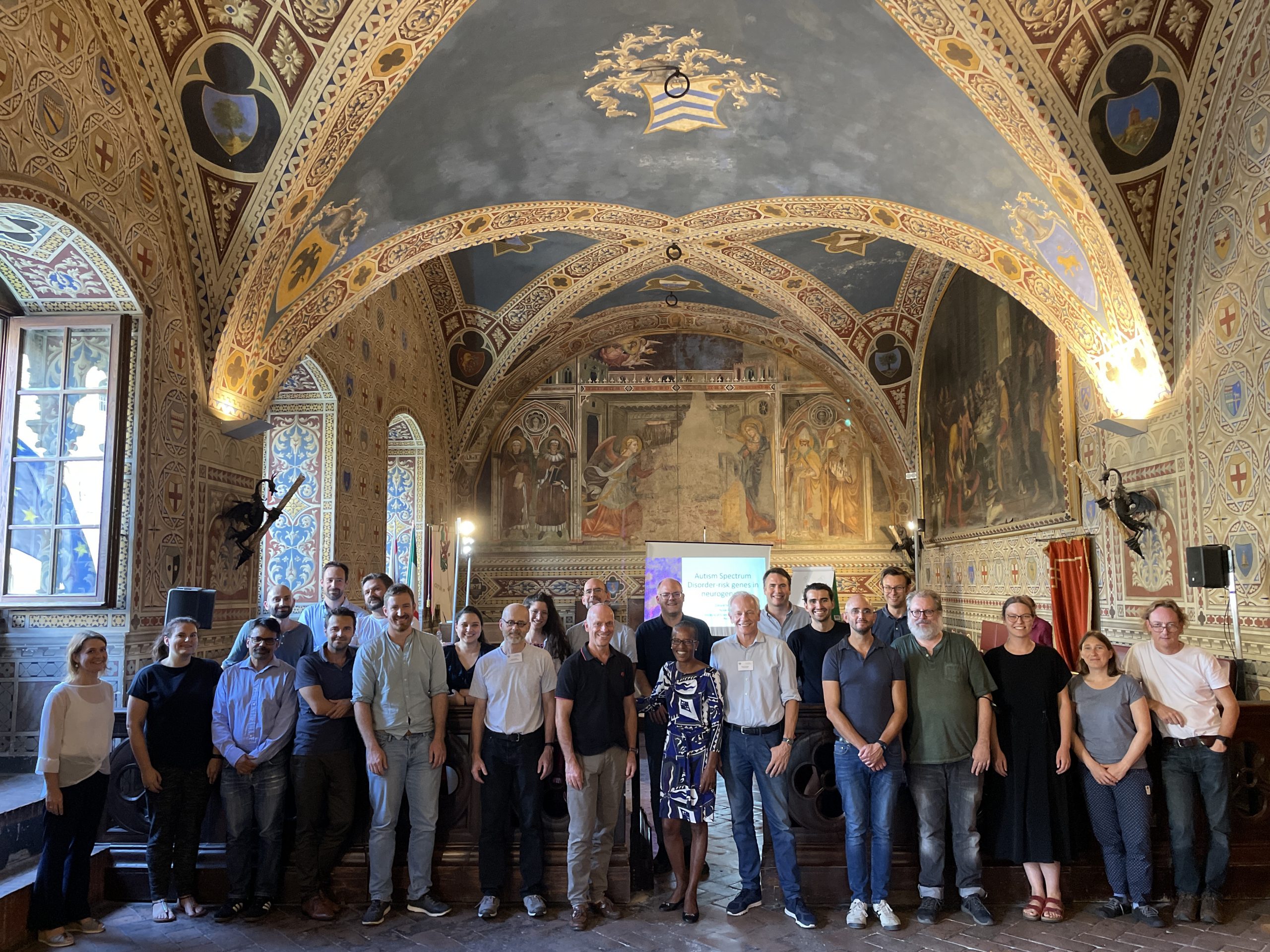
environMENTAL Newsletter

Find out the latest news about environMENTAL and register for our newsletter!

